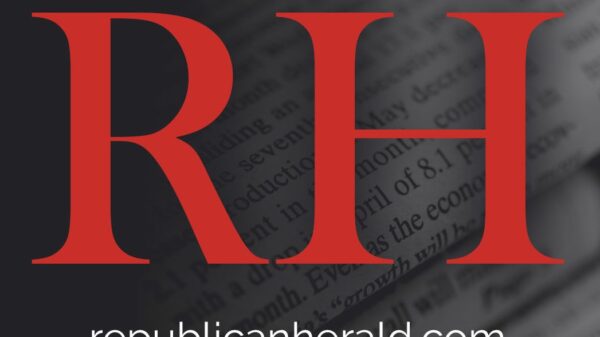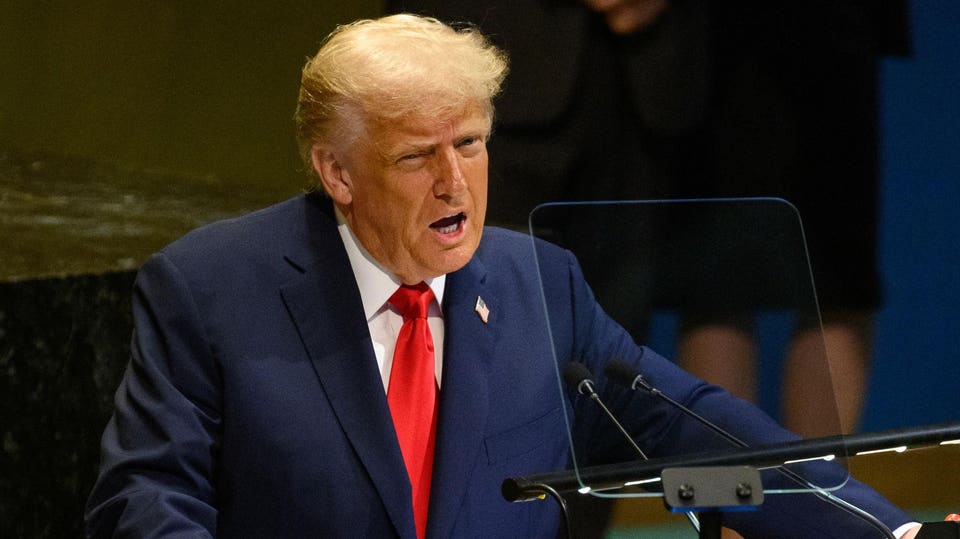President Donald Trump launched a fierce attack on ABC and late-night host Jimmy Kimmel on March 7, 2024, following Kimmel’s return to the air after a brief hiatus. Trump accused Kimmel of acting as an “arm” of the Democratic National Committee and hinted at potential legal action against the network for broadcasting what he described as biased content. This public feud escalated after Kimmel’s opening monologue, which included several pointed criticisms of the president.
In a post on his Truth Social platform, Trump expressed disbelief that ABC reinstated Kimmel, claiming that the White House had received information suggesting that Kimmel’s show would be canceled. Trump asserted that Disney, which owns ABC, had indicated last week that Kimmel’s program was placed on “indefinite pause.” He speculated that circumstances had changed dramatically within the week, allowing Kimmel to return to the airwaves. The president criticized Kimmel’s ratings, stating that the comedian’s show “puts the Network in jeopardy by playing 99% positive Democrat GARBAGE.”
Trump’s post further elaborated on his belief that airing Kimmel’s show could constitute a “major Illegal Campaign Contribution.” He added, “Last time I went after them, they gave me $16 million. This one sounds even more lucrative. A true bunch of losers! Let Jimmy Kimmel rot in his bad ratings.”
Kimmel Responds with Humor and Sarcasm
During Kimmel’s return episode, the comedian wasted no time addressing Trump’s remarks. He aired a clip of Trump disparaging him as a “wack job” with “no talent” and “no ratings.” In a witty retort, Kimmel stated, “Well, I do tonight,” referencing the surge in interest in his show following the controversy and Trump’s comments.
Kimmel’s monologue took a satirical turn as he noted, “You almost have to feel sorry for him. He did his best to cancel me. Instead, he forced millions of people to watch the show. That backfired bigly.” The comedian’s remarks highlighted the unintended publicity generated by Trump’s criticism, suggesting that the president’s attempts to undermine him had the opposite effect.
As the situation unfolds, it remains to be seen how ABC will respond to Trump’s threats. The implications of this dispute extend beyond late-night television, raising questions about media freedom and the intersection of entertainment and politics.
Kimmel’s return to the air has drawn significant attention, not only for its comedic content but also for the ongoing clash with Trump, a figure known for his contentious relationship with the media. The dynamics of this confrontation illustrate the complex interplay between political figures and popular culture, particularly in an era where social media amplifies such conflicts.
As both parties navigate this contentious relationship, the entertainment landscape continues to be shaped by these high-profile exchanges, leaving audiences eager to see how this story develops in the coming days.








































































